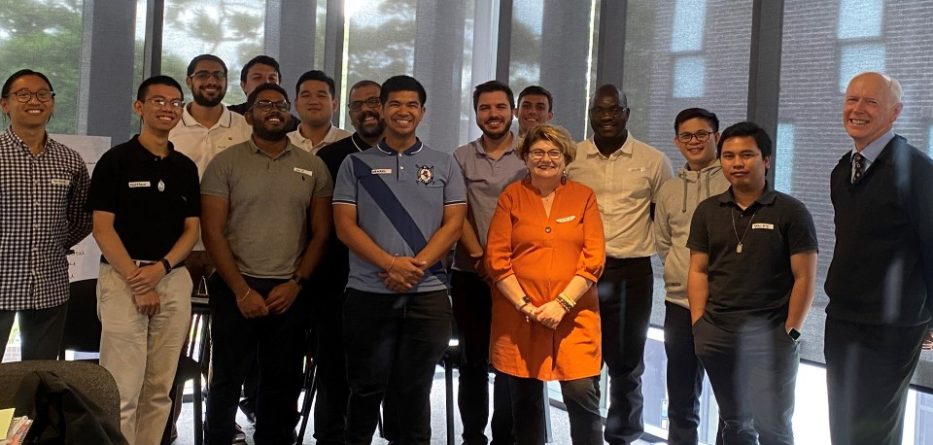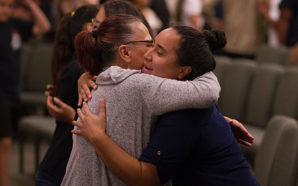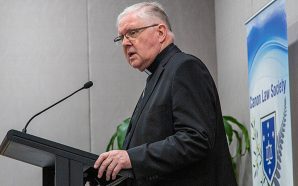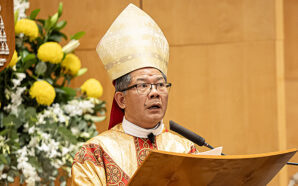Cathy McClellan works for the Prevention, Healing and Support Service in the Diocese of Parramatta. The service was established in the Diocese to work with people who have been harmed by the Church with the aim of helping them to heal.
Related story: Kathryn Greiner joins Bishop Vincent Long to launch Safe Parishes Week.
Related story: New safe parishes online training an ethical responsibility.
Related story: Corpus Christi and the Feast of the Sacred Heart set the example for safe parishes
Related story: Diocese of Parramatta launches first Safe Parishes Week
The Catholic Church in Australia acknowledges the lifelong trauma of abuse victims and their families that resulted from the failure of the Australian Church to protect, believe and respond to children and vulnerable adults, says Cathy.
“The Church also understands how it has breached the Australian community’s trust,” she says.
The workers at the service (one is male and one is female), help the person who has been harmed, to determine what they feel they need to move forward with the healing process, says Cathy.
“This may be a referral to counselling, assistance in completing a redress application or understanding any legal process,” says Cathy. “They can use our services for as long as they need to, or they can leave the service and come back again,” she says. “We will also meet with them wherever they feel most at ease.”
The workers use “trauma-informed” practice with people who have been abused. “We make sure people feel safe, they have a voice and make decisions about the process,” says Cathy. “We need to be completely open with them, and earn people’s trust, after it has been so badly damaged in the past,” she says. “We also ensure that we acknowledge and work around cultural, historical and gender issues that may impact a person,” says Cathy. “For example, we are sensitive to Indigenous history and culture with Indigenous Australians, who may for example still be affected by intergenerational child removal. If we don’t recognise the need to acknowledge the background to the person, we might not be able to earn their trust enough to be able to help them, or we could be re-traumatising someone all over again.”
Being listened to can be very empowering for those who have been abused, who may not have been listened to in the past, says Cathy. She quotes a survivor of abuse as saying “It’s a big thing for people to listen and taken note of what we went through.”
“Without the chance to heal, people who have been abused can face physical and mental health challenges throughout their lives,” says Cathy. “Their behaviour may also be affected, with some people feeling like they are barely functioning. The Royal Commission (Into Institutional Responses to Child Sexual Abuse) recognised this. They say: “It is important to acknowledge that ‘good enough’ functioning is an achievement,” says Cathy.
You can find out more about the Prevention, Healing and Support Service in the Diocese of Parramatta by phoning (02) 8838 3419 or emailing: safeguarding@parracatholic.org.








